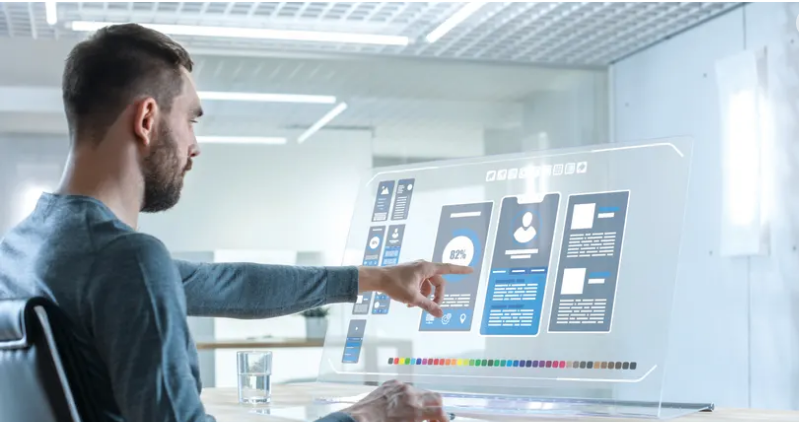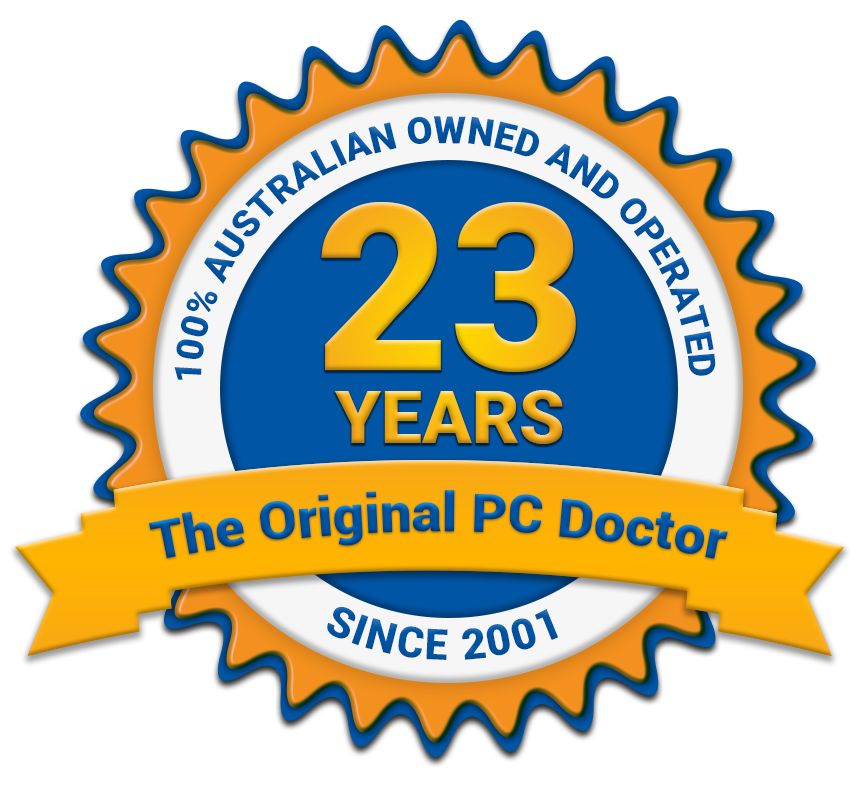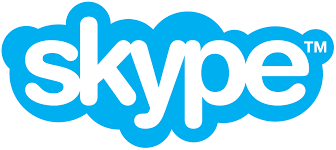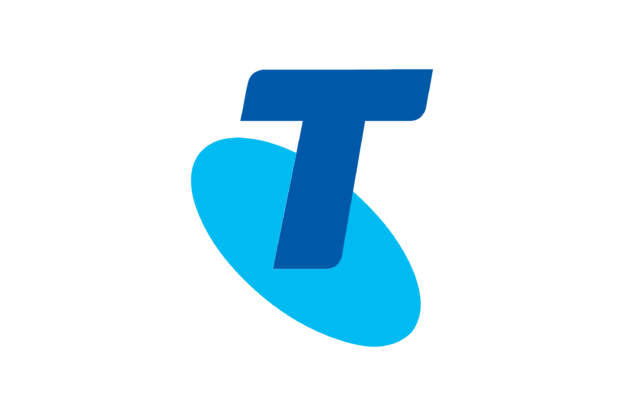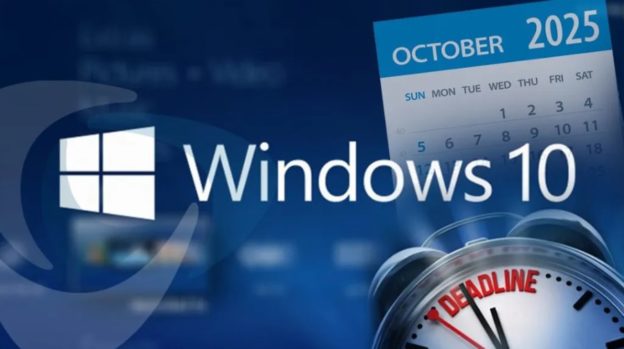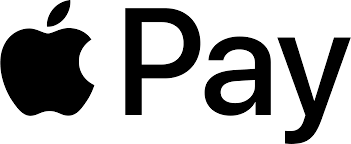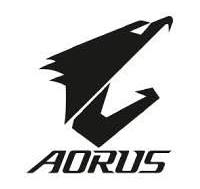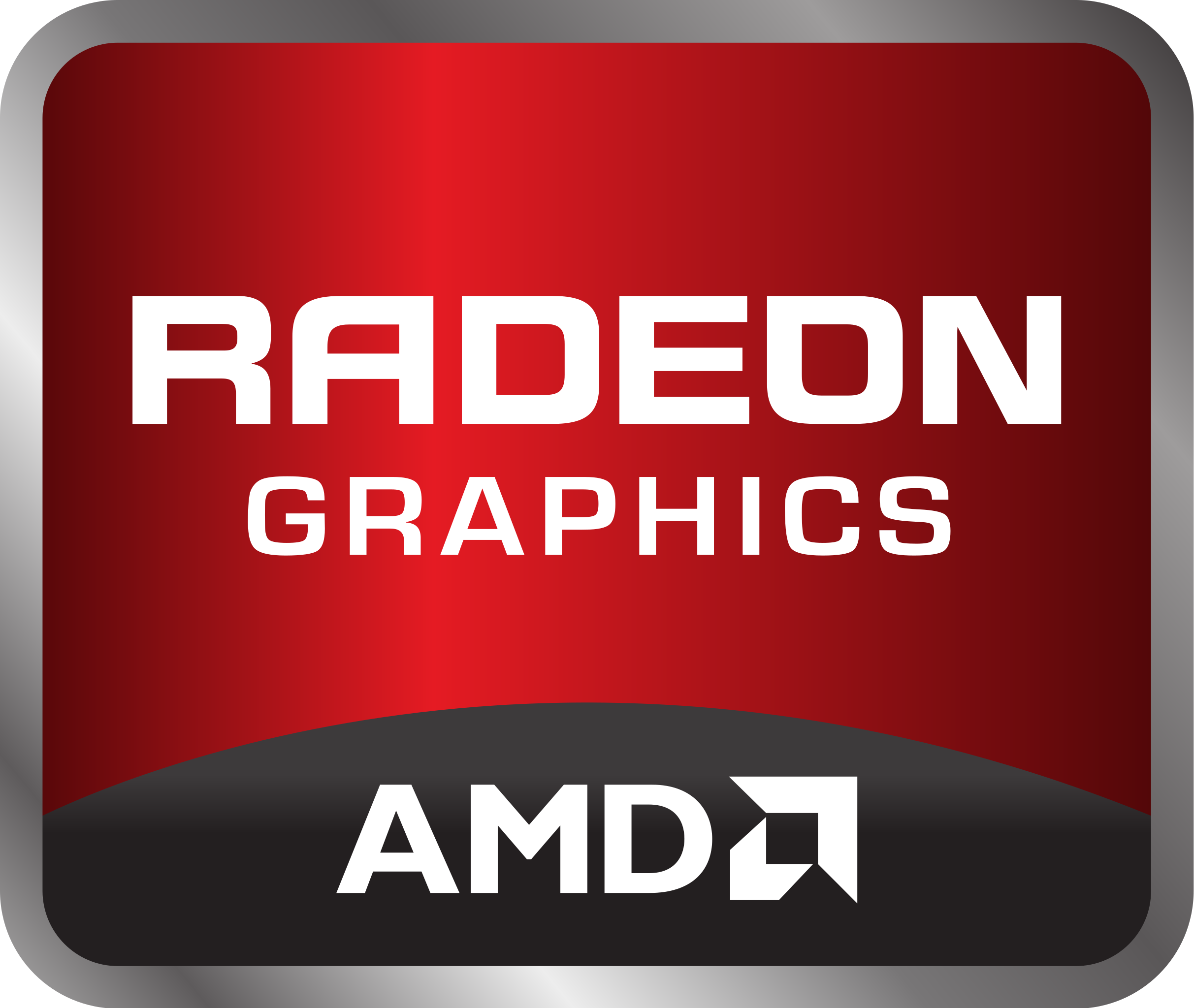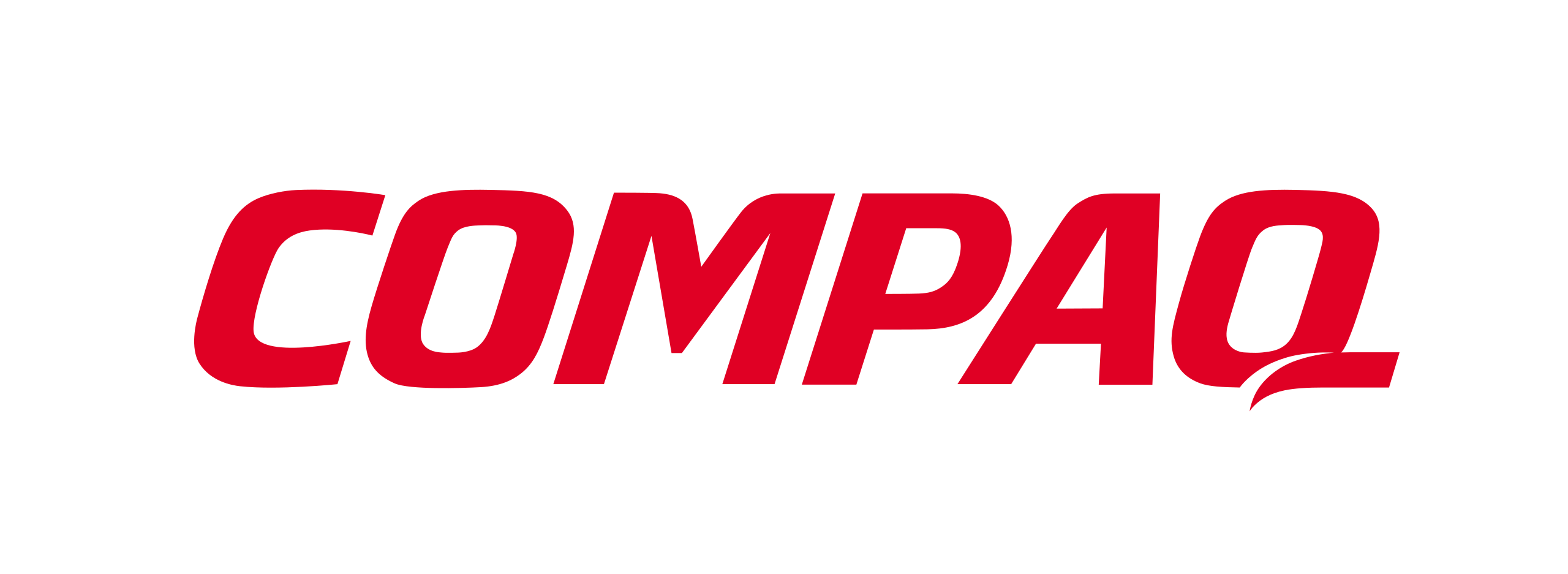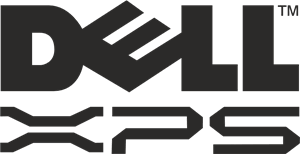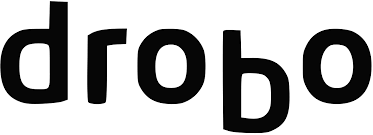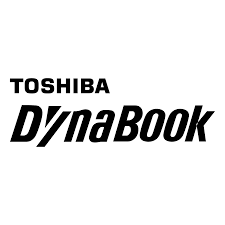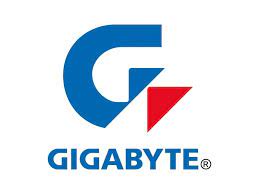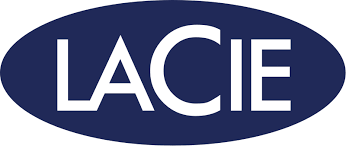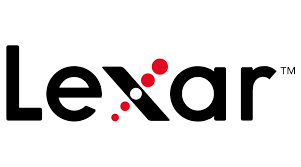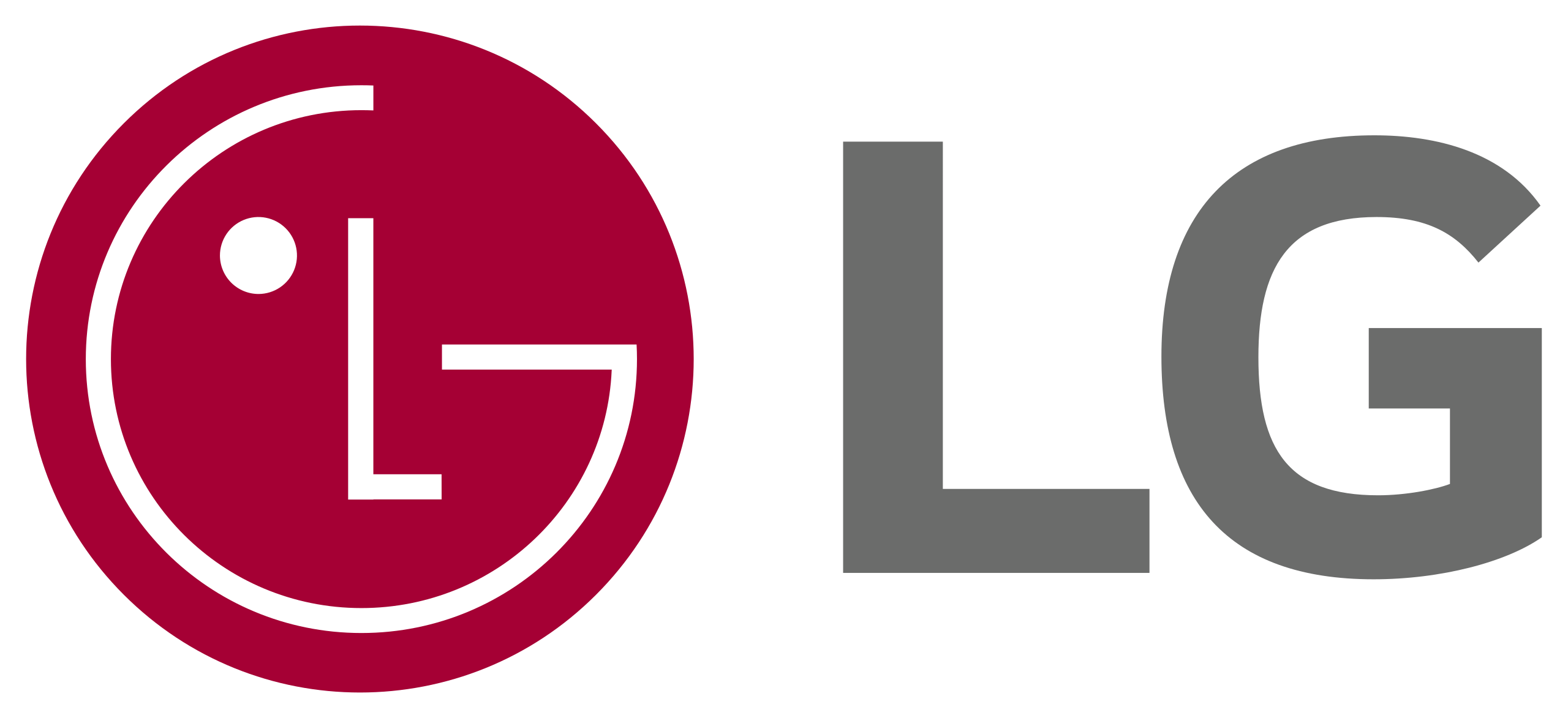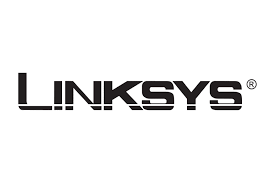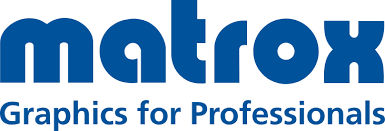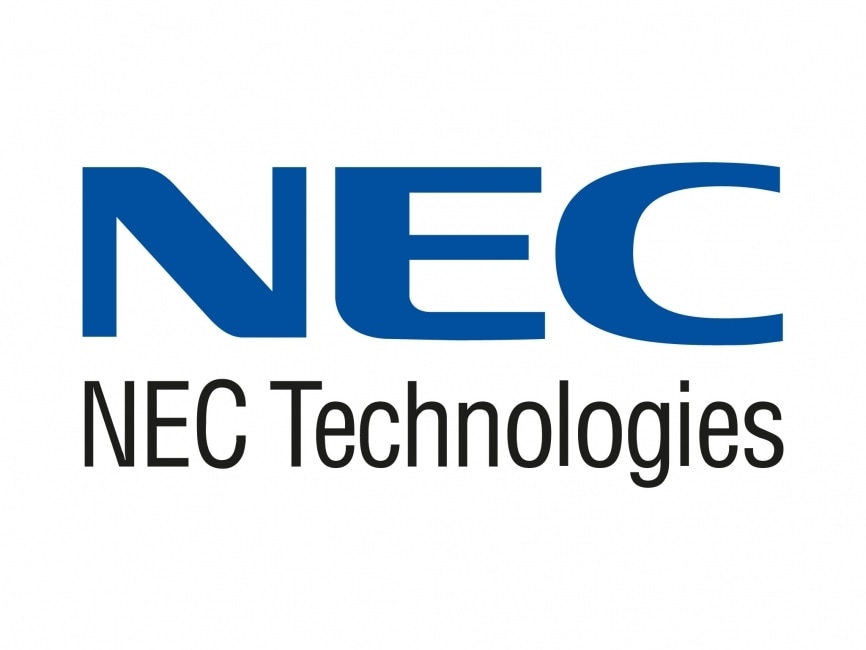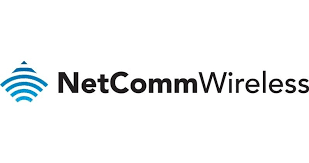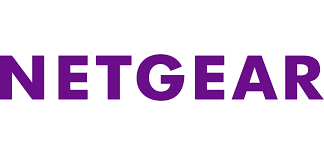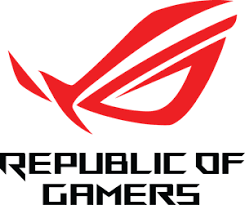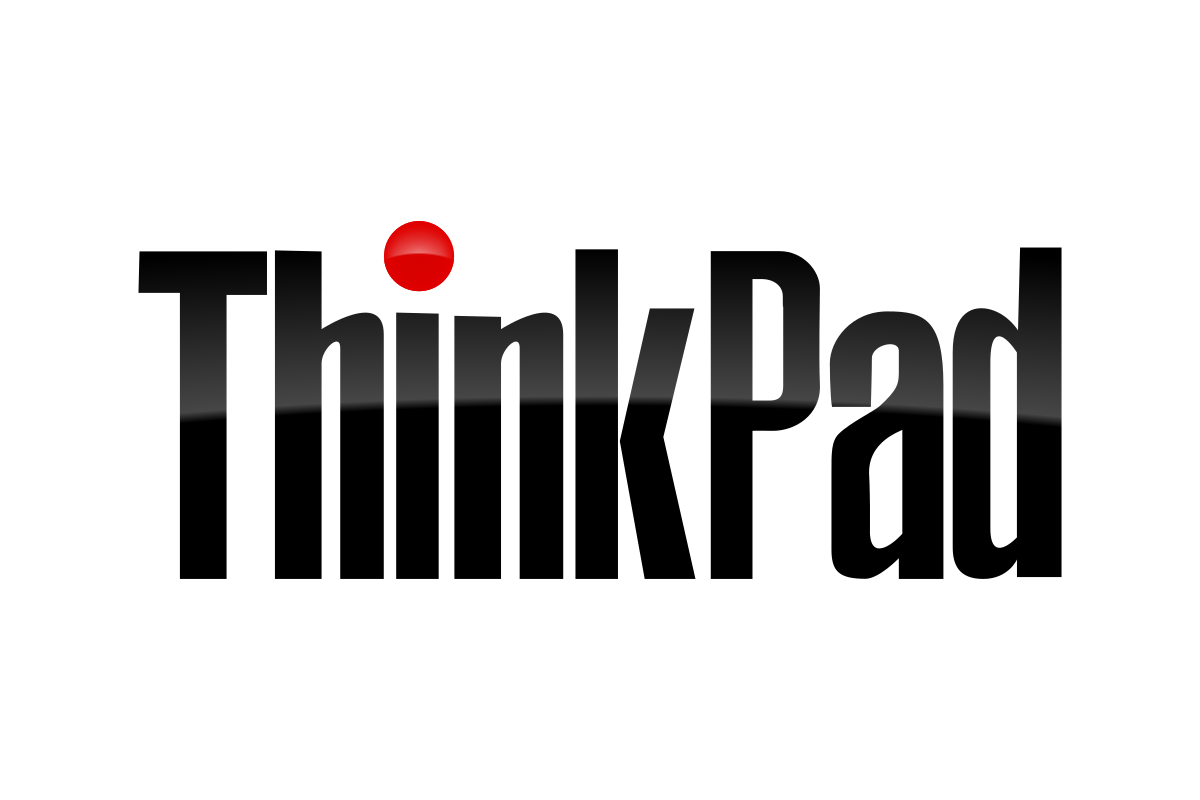What Does The Future Hold For Desktop Computers?
The very first invention that led to the development of the desktop computer happened in 1937, when George Stibitz, a scientist from Bell Laboratories, provided a demonstration of how Boolean logic could be used to set up a computerised system. While this initially led to the development of a calculator, it is still a noteworthy spot in the history of the desktop computer.
In 1982, a significant advancement was made – this was the year during which the Commodore 64 was released. This was the first computerised system that would resemble the desktop computers we know today – featuring just 64KB of RAM and, for that time, quite an impressive graphic system. Today, however, this wouldn’t be a useful computer at all.
As technology advances, we are constantly introduced to new technology – even a computer with about 4GB worth of RAM is considered useless by many software applications and games today. We have seen the launch of the SSD hard drive, providing a significant increase in read/write speed, and we are also observing as the processor, acting as a brain behind the computer, is getting smaller, yet more powerful than ever before.
The Death Of The Desktop Computer: Reality Or Just A Myth?
Even though the technology used in desktop computers is constantly improving, we are also seeing manufacturers and even the general population moving away from these products.
While there does seem to be a decrease in the interest surrounding the desktop computer, these devices still play a critical role in the lives of many today. While companies are looking at ways to make mobile devices more powerful, desktop computers still remain the preferred choice when it comes to production operations.
On the gaming side of things, we are constantly seeing a debate where people would either choose to play games on a desktop computer or prefer gaming consoles. The improvements in technology are making it possible to play games at higher resolutions and with better graphic settings on a computer, but many find that a gaming console provides a more convenient way for gamers to enjoy their time in a virtual world.
With all of this in mind, we are seeing reports about the desktop computer being dead popping up frequently. In fact, some publications, such as one post by TechRepublic, claim that the desktop computer is already dead.
The question that now remains is whether or not the desktop computer truly is dead. While some may consider this to be the reality of the situation, we should take note that the future might still look bright for these devices – but the target market might be changing.
What Should We Expect In The Future Of The Desktop PC?
We are sure to see a lot of improvements made in the technology that drives the desktop computer within the next few years – or even decades. While the desktop computer may change as we know it, the functionality behind the product will remain something that millions of people will need to perform specific tasks, whether that be for productivity or entertainment purposes.
Below, we consider some of the best features that you should expect to see in desktop computers as technology continues to improve in the future.
All In One Computers
The idea of having a tower and monitor separate from each other is something that takes up a lot of space. In the modern office, minimalist design is something that many people are trying to adopt, improving their ability to keep the environment tidy and organised, while still being able to offer themselves the features they need to be productive.
Intel Innovation recently sponsored a video by Zone of Tech, which detailed the future of All-in-One desktop computers. In the presentation, Zone of Tech reviews the Lenovo A940, which is considered a “futuristic all-in-one desktop.” At one point in time, the introduction of these desktop computers was frowned upon. Today, however, they are becoming more powerful, and people realise how convenient they are, compared to a more traditional setup that requires the monitor and tower to be separate from each other.
An all-in-one computer is essentially a monitor that comes with the essential hardware needed to power up the PC built into this device. These are the hardware pieces that would usually go into the desktop tower. In some cases, an all-in-one computer would come with additional items built in – such as touch functionality in the monitor, making it easier for the user to navigate through folders, type documents, retouch photos, and more.
Pocket-Sized Computing
Even though the idea behind a desktop computer is to have a system on top of a desk that you can access when needed, manufacturers are noticing that people are looking for ways to make these devices more travel-friendly.
The initial idea behind portable computing was the laptop. This has become an exceptionally popular type of computer. Laptops have also become much smaller and thinner, allowing people to stay connected and continue working regardless of where they are.
The problem is, that the size of a laptop can only be reduced so much. With this in mind, many smartphone manufacturers are now trying to create a new trend – pocket-sized computers.
The smartphone industry has been looking at ways to make mobile devices more powerful for many years – and now several platforms have been launched to help people get more out of those portable devices they are carrying in their pockets.
The DeX Platform by Samsung is currently considered one of the most popular systems when it comes to looking for a pocket-sized computer. This platform allows the user of certain Samsung devices to connect the smartphone to a monitor. Once connected, a special operating system is booted onto the Samsung smartphone, giving the person access to a full desktop platform that loads on the monitor.
An additional mouse and keyboard can then be connected to the smartphone, allowing a more authentic experience. Alternatively, the smartphone can be used as both a trackpad and a keyboard to navigate the operating system.
There are other examples of how companies are merging the gap between smartphone technology and desktop computers. Vysor is one example, where a window of the user’s Android device displays on their desktop. While this does not really put the power of a desktop computer onto a mobile device, it does show that the technology can work both ways. Yet another option would be Dell Mobile Connect, which helps to provide a more seamless connection between smartphones and desktops.
The Impact Of Streaming On Desktop Computers
Streaming has become a popular service – think Netflix and Hulu, for example. Then you have music streaming services like Google’s Play Music and the Apple Music subscription platform. These products have made the lives of people easier – allowing the user to pay a monthly subscription and enjoy unlimited streaming of their favorite television series, movies, and music.
Streaming is now being taken to a whole new level. While still in early development, the release of services like Google Stadia, a cloud-based gaming platform, could mean that there would not be such a demand for the most powerful desktop computers in the future.
What this essentially means is that there will soon no longer be a need to download games onto a desktop computer before playing. With cloud-based gaming streaming services, all that a player would need to enjoy their favorite titles would be their desktop, an internet browser, and access to the internet. What’s more, there is no need to have the best hardware on the market – as these services would stream games that are running on powerful hardware on Google’s side.
Other companies, including both Sony and Microsoft, are now also working on similar platforms that would allow people to stream games directly to their desktop computers. This might be a breakthrough in the gap between desktop computers and gaming consoles – as a significant number of gamers have found it unfair for gaming on a computer to require such powerful hardware.
Of course, having access to better hardware means improved visuals. For example, a computer that is capable of a 4K resolution would stream the game that is being played in a higher quality format. This might require more powerful hardware on the user’s side, but is not a necessity in many of these cases. Thus, the focus point for gamers might switch away from having the most powerful desktop computer, but rather to ensure that they have access to faster internet connection speeds to provide a smoother gaming experience.
Conclusion
The desktop computer was one of the top inventions of our time but is now being taken over by mobile technology, gaming consoles, and other systems. With this in mind, many think that the desktop computer is already dead. While we may see a decline in the use of a more “traditional” desktop computer set up in the future, one thing is for sure – the original idea behind this device will continue to live on in the technology that will be released in the next few decades.
References
- https://www.computerhistory.org/timeline/computers/
- https://www.techrepublic.com/article/the-desktop-is-finally-dead/
- https://www.youtube.com/watch?v=0xYp0Dwfq1Y
- https://insights.samsung.com/2019/09/10/the-beginners-guide-to-samsung-dex-3/
- https://www.dell.com/en-us/shop/dell-mobile-connect/ab/dell-mobile-connect
- https://store.google.com/products/stadia
Written by The Original PC Doctor on 28/05/2022.




